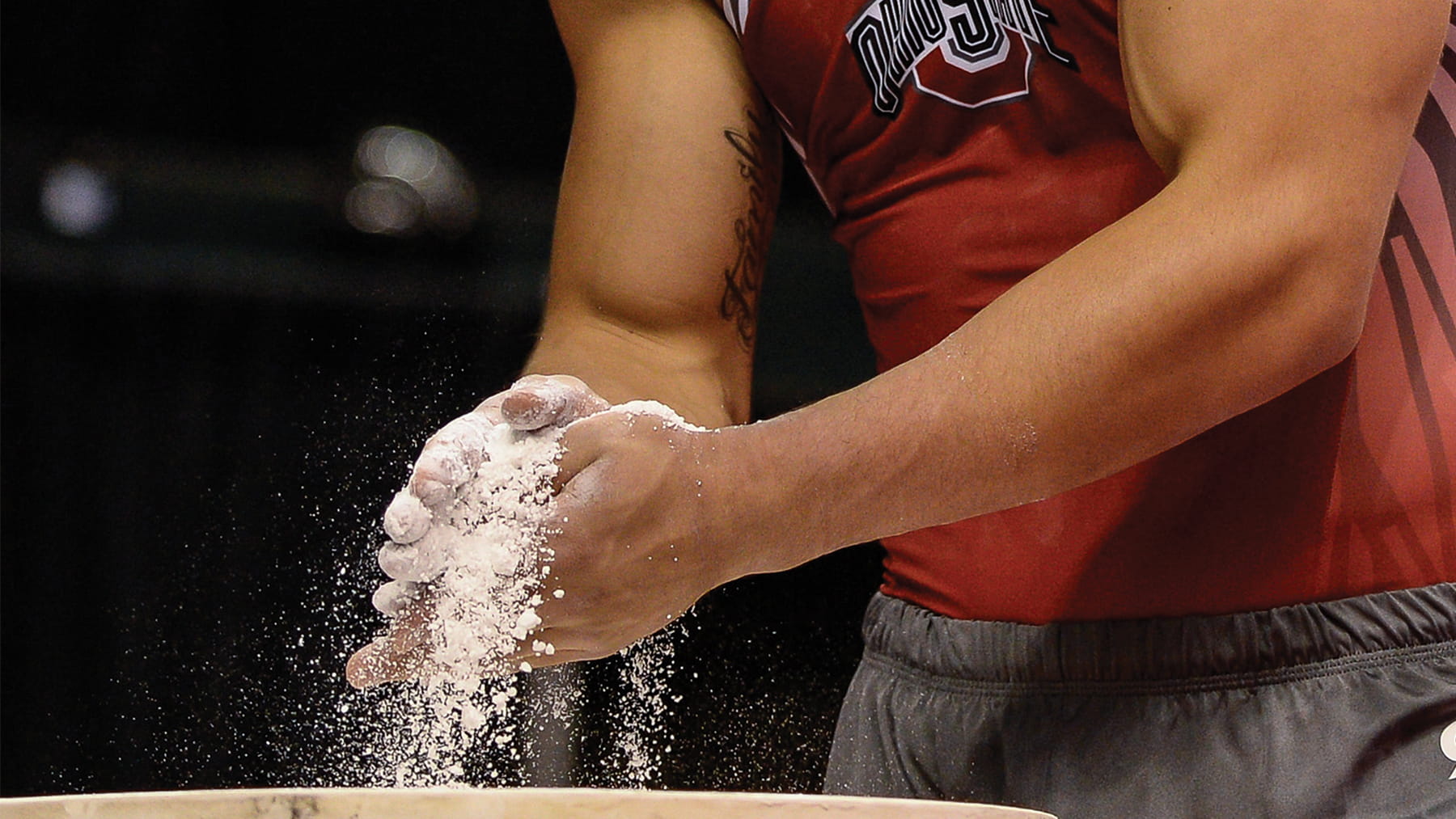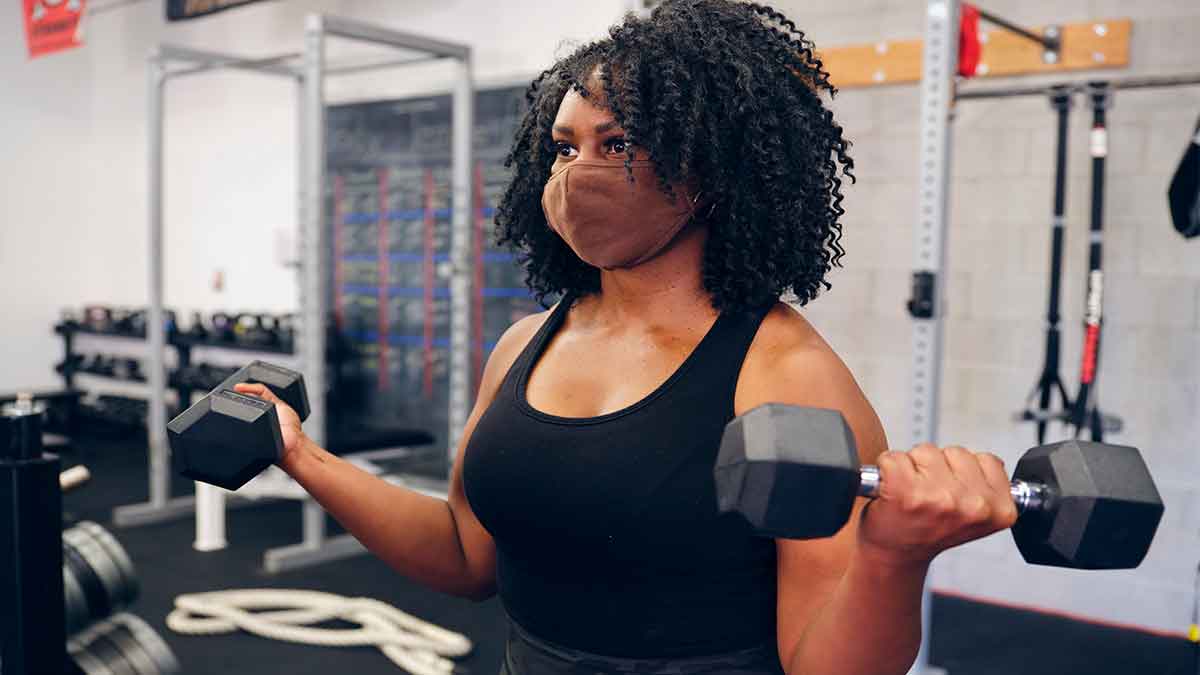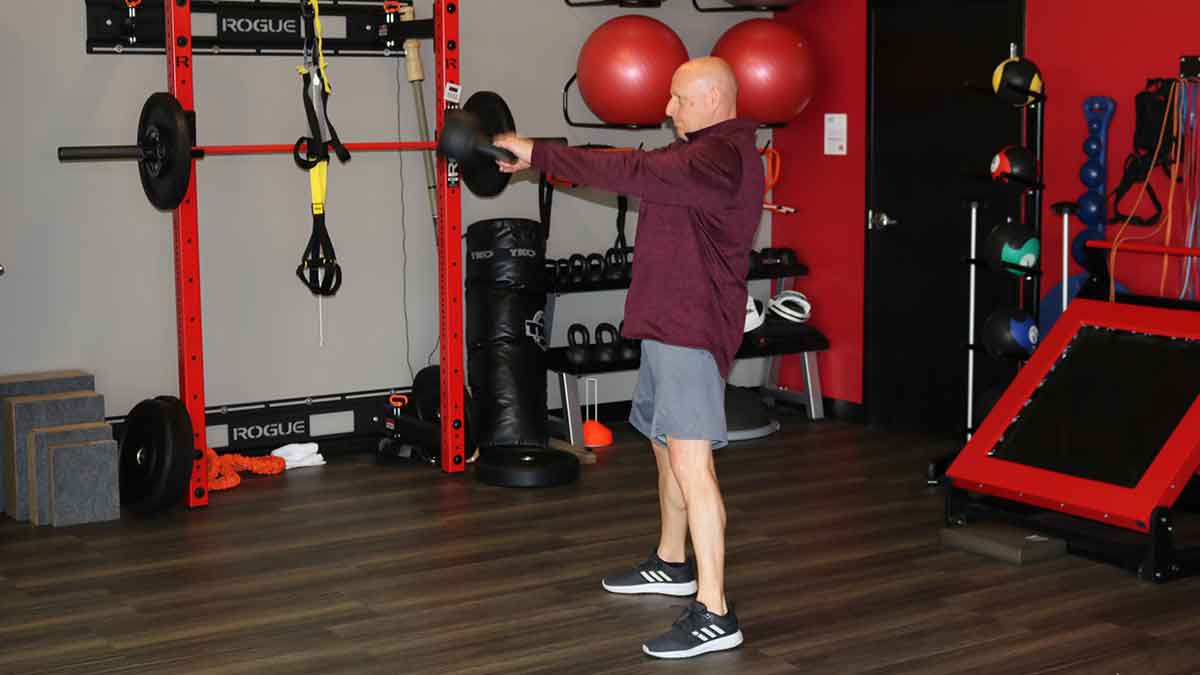The P.E.R.F.E.C.T. way to help young athletes reduce stress

Sports are ingrained in our culture, especially here in Buckeye Nation.
We outfit our babies in team onesies, buy them soccer balls and footballs long before they can kick or catch and get them involved in organized play often before they start school.
We hope that, as they grow, playing sports helps them form healthy habits that carry long into adulthood.
Fast-forward to today’s student athletes, who put as much effort into excellence on the field as they do in the classroom. And that can be stressful – kids in competitive sports can feel pressure from coaches, recruiters, even themselves.
Unfortunately, another potential source of stress for young athletes is their parents.
Of course, most parents mean well, and kids often need encouragement to persevere when training is tough or their team faces a loss. Have you caught yourself saying, 'We just want you to play to your full potential?'
But sometimes, parents can place too much of their own self-worth on the performance of their kids, and the pressure can lead to increased psychological stress, higher rates of injury and burnout.
Steve Graef, PhD, a sport psychologist at The Ohio State University Wexner Medical Center (and former Ohio State athlete himself), works with student-athletes at the university and throughout the greater Columbus area, helping them enhance their performance, cope with the pressures of competition and, most importantly, enjoy sports.
Dr. Graef created the acronym P.E.R.F.E.C.T. for steps that help athletes manage excessive stress and put the fun back into sports and life. They’re great tips for parents to use with kids.
“P.E.R.F.E.C.T. is a way to calm our performance anxiety and the resulting impulse to beat ourselves up after a poor performance,” says Dr. Graef. “Implementing these skills can also help with general stress in other areas of life, which can lead to a better quality of performing and living.”
P – Positive Self-Talk
Why is it important to build yourself up? Because it boosts your confidence. Many psychologists believe that confidence is a main requirement needed to achieve success.
As a fundamental part of sport psychology, telling yourself, 'You’ve got this,' or 'No problem, keep going,' after a misstep helps athletes reduce nerves and performance anxieties. It can even help an athlete improve his or her overall performance.
“Negative thinking has become our native tongue,” explains Dr. Graef. “Learning to think positively requires daily practice. By using positive self-talk, either in the form of daily affirmations or mental reminders, we are able to build new pathways in our brain and begin learning how to think and speak more optimistically.”
E – Embrace Adversity
“Sometimes life is tough. But rather than succumb to adversity, we should embrace the difficulty,” says Dr. Graef. It’s important for athletes to keep in mind that excellence requires effort, and to keep pushing when training gets tough – those are the moments when we improve. And when things get difficult, on the court and in life, seeing challenges as opportunities for growth can help us succeed.
R – Reverse Engineer
Here’s Dr. Graef’s suggestion: Recall moments when you performed at your best and then work backward to discover simple behaviors you can employ in the future. What made you feel confident? Was it wearing your lucky shirt? Saying a certain phrase? Remembering awesome performances? Pick your ideal outcome and then work backward to find steps you can take to get there.
F – Focus on the Now
“Focus on the now, not the past or the future,” says Dr. Graef. “Be in the moment; everything else can wait.” You hear athletes say it all the time: 'I’m just focusing on today’s game.' Distracting yourself with your team’s shot at the tournament or the last four three-pointers you missed or the exam you have on Monday can put you off your game. Keeping your thoughts in the present requires consistent effort. Be mindful of your thoughts as you train and focus on steering your attention to the task at hand.
E – Evolve
Trying new things and continuing to grow are important, Dr. Graef stresses. By diversifying your life, you will place moderate stock into a variety of different endeavors. If one area of your performance or life isn't going particularly well, it's not the end of the world. Keep learning, growing and evolving.
C – Chill Out
“Learning to incorporate relaxation tools is paramount,” says Dr. Graef. After a big performance, your body needs both physical and mental restoration. We saw examples of this during the Summer Olympics when athletes like Usain Bolt or Michael Phelps would complete qualifying heats and retreat quickly to their trainers for massage or cupping or simply to listen to music. What’s most important is finding something that rejuvenates you personally, whether it’s meditative breathing, yoga or reading a book – something that allows you to mentally reset and release tension.
T – Talk It Out
“When in doubt, talk it out,” explains Dr. Graef. “Sport psychologists, coaches, counselors or friends can help guide you through your struggles. Parents, too. Sometimes just getting things off of our chest can be a huge benefit!”
So the next time your children are facing sports-related stress or anxiety, remember: They don’t have to be perfect; they only need to think P.E.R.F.E.C.T! And if talking with a sport psychologist would help the athlete in your life view a particular challenge from a new perspective or cope with a difficult period in their lives, Ohio State is here to help.
How do you stay P.E.R.F.E.C.T. in your routine? We’d love for you to share it with us! Snap a photo of your favorite P.E.R.F.E.C.T. moment and tag it #stayPERFECT.




